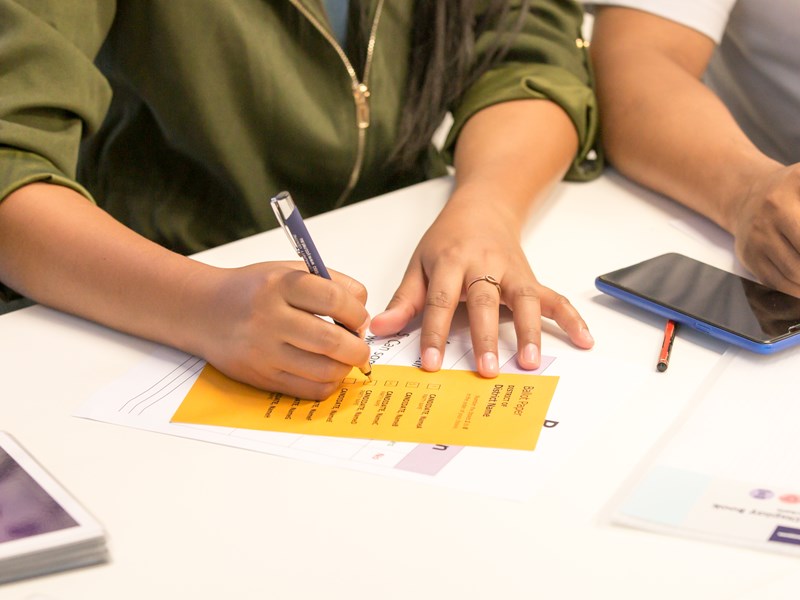- Home /
- News /
- General news /
Voters with disability looking for improvements
13 March 2024

A survey of Victorian voters with disability has found that while most had a positive experience of voting a significant minority rated their experience ‘bad’ or ‘very bad’.
The Electoral Matters Committee partnered with Scope in developing the survey as part of its inquiry into the conduct of the 2022 Victorian state election.
Multiple organisations assisted by distributing the survey to their members, which was conducted over November and December 2023 and received 115 responses from people with disability.
Eighty-two per cent of respondents indicated that they had an ok, good or very good experience voting (49 per cent ok, 33 per cent good or very good), while 18 per cent rated their experience either bad or very bad.
Multiple respondents reported a lack of support for people with mobility issues who do not use wheelchairs, noting in particular their difficulty standing in line for long periods and a lack of support or information from voting centre staff allowing them to access help, such as a seat or moving ahead in the queue.
Other respondents called for improved accessibility at voting centres, including general accessibility for those with low mobility, recognition and support for those who have an invisible disability, better staff training, better information about voting centre accessibility, services catering for those with sensory issues, infection prevention measures and help with the act of enrolling and voting.
Several respondents expressed a desire for more information about candidates and their policies in a central and easy to understand format.
The survey will help inform the recommendations of the Committee, which also met with Inclusion Melbourne, a service provider for adults with intellectual disability, during a Committee hearing in November.
Nathan Despott, Head, Policy, Research and Advocacy at Inclusion Melbourne told the Committee that voters with intellectual disability are often underestimated.
‘The vast bulk of people with intellectual and cognitive disability that we have worked with over the years in their early years have experienced and been subject to the low expectations and assumptions of low capacity in relation to many areas of life but in particular the ability to learn about politics, to have political conversations and to understand political ideas,’ he said.
But Cameron Bloomfield, Peer Leader, Rainbow Rights and Advocacy, told the Committee that with the right support and engagement he, and others like him, were able to engage with the political system.
‘When I first started to vote it was very hard and complicated because I did not know what to do or who to vote for or how to read all the information that was given to me, because it was hard to read,’ he told the Committee.
‘Then many, many years later I got involved with Nathan and the I Can Vote team, which spoke to politicians about doing their stuff in easy English so people like me, who have an intellectual disability, can understand all the jargon that politicians say,’ he said.
Transcripts of the hearing, and all other hearings conducted as part of the inquiry are available on the Committee’s website.
The Committee will report in mid-2024.